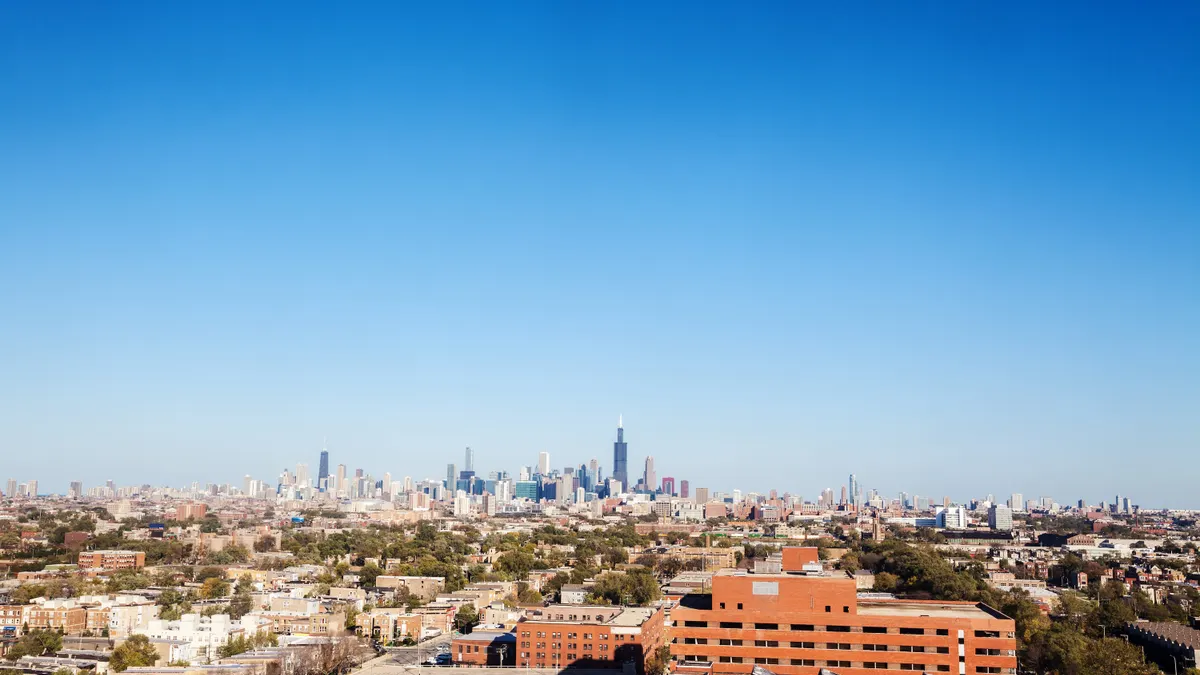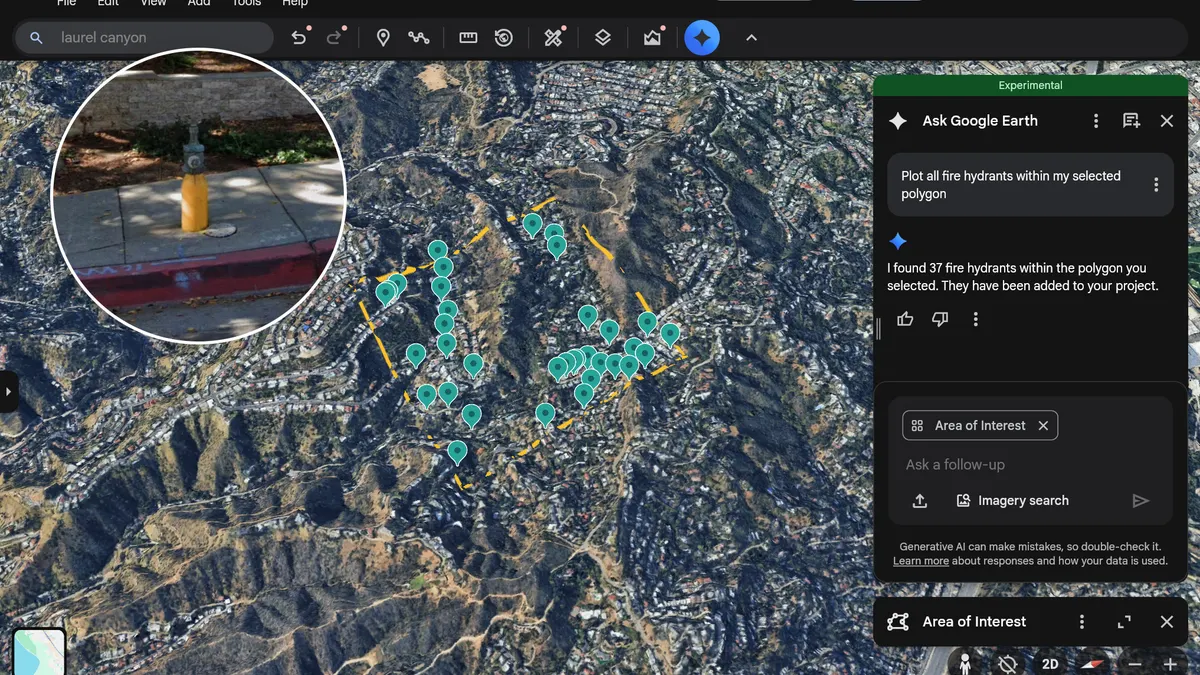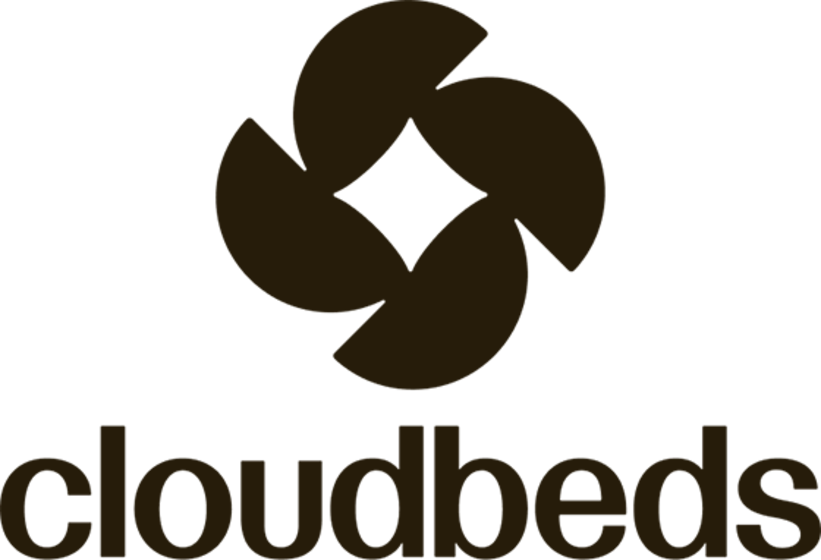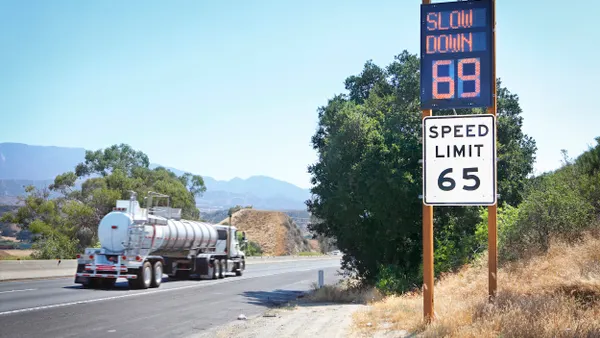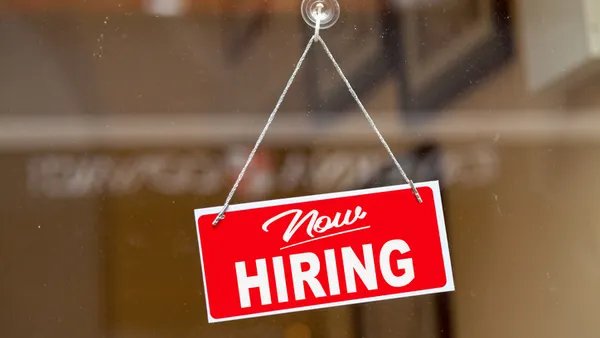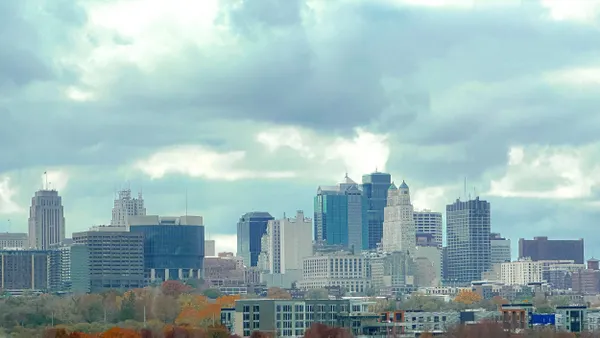Dive Brief:
- Buffalo, NY Mayor Byron Brown pledged to make the city "the nation’s leading intelligent smart city" during his 14th "State of the City" address. That includes plans to launch a public-private partnership with the SAS Institute, a business analytics provider, for a municipal data and analytics center.
- The North Carolina-based institute will work with the city to develop an advanced software suite to analyze data the government gathers, and determine trends and other predictive tools to help shape city operations and policies, according to his speech. Brown said the data and analytics center would be "the first of its kind in the nation."
- The city will also continue to install smart streetlights, collect software and hardware to deliver city services more effectively, and continue its smart sewer initiative, Brown said in his speech.
Dive Insight:
Although Buffalo isn’t a traditional tech hub, Brown has made a commitment to boosting the city’s smart credentials.
In the "State of the City" address, Brown highlighted initiatives like the Buffalo Roam parking app, which surpassed 50% utilization last year and will begin integrating third-party technology. The Smart Sewer Systems network is using smart sensors to enhance wastewater infrastructure. He also announced the new Buffalo’s Race for Place initiative to foster public-private partnerships to grow workforce talent and home-grown businesses.
AT&T has also promised to bring 5G to Buffalo, a boon for its smart city initiatives.
Though there are still few details about the SAS partnership, the company's Vice President for U.S. Government Grant Brooks said in a statement that it would help "expand citizen services and improve government efficiencies." Similar data and analytics suites like the one Buffalo is promising have helped cities across the country streamline operations and target areas that need work, whether in housing, public safety or the environment. It will continue the work started in the Open Data Buffalo portal.
Other mid-sized cities have worked to attract tech workers through partnerships or by recruiting satellite sites and labs. Neighbor Syracuse, NY brought in a Microsoft tech hub to help foster local tech startups and improve government functions. And Tulsa, OK took a slightly more unique route to attracting a new workforce by offering $10,000 to individuals willing to relocate to the city and work remote for one year. It’s a reminder that even smaller cities can foster major tech help on their road to becoming a smart city.



